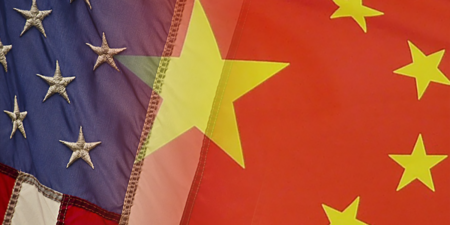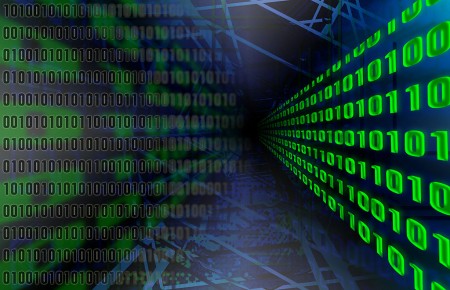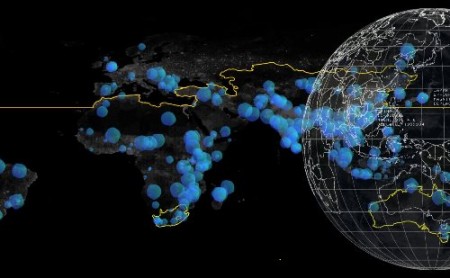
This publication was originally published by the East-West Center in September 2019.
Summary
Artificial Intelligence (AI), Big Data, and Cloud Computing (ABC) have generated unprecedented opportunities and challenges for economic competitiveness, national security, and law and order, as well as the future of work. ABC policies and practices have become contentious issues in U.S.-China bilateral relations. Pundits see a U.S.-China AI race and are already debating which country will win. Kaifu Lee, the CEO of Sinovation Ventures, believes that China will exceed the United States in AI in about five years.1 Others argue that China will never catch up.2 This essay focuses on two issues: the comparative ABC strengths of the United States and China in data and research and development (R&D); and the emerging ABC policies and practices in the two nations. Empirical analysis suggests that the United States and China lead in different areas. Compared to China’s top-down, whole-of-government, national- strategy approach, the U.S. ABC policy has been less articulated but is evolving.


